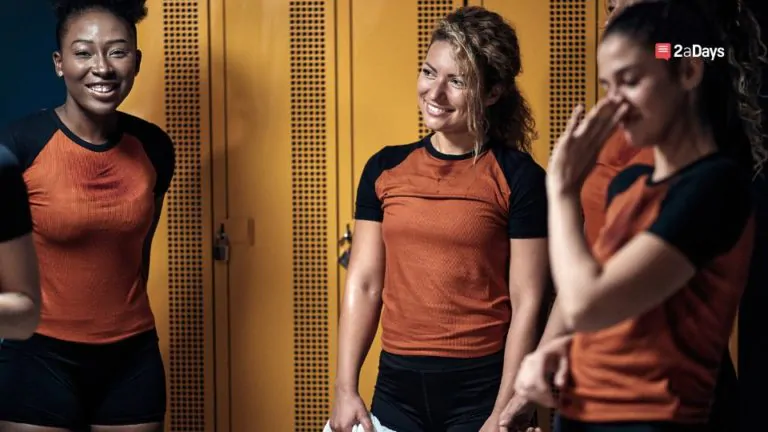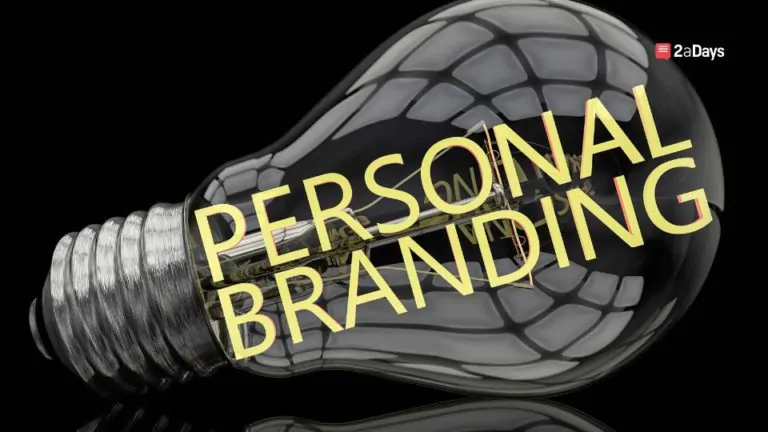From the recruiting process to the final game of their athletic career, along the way, college athletes will have to debunk the myths that stigmatize them. One of the most common stereotypes that athletes face is definitely the “dumb jock.” But college athletes are students too and must maintain their grades to compete. Today, 2aDays debunks some of the most common myths about being a college athlete and a college student at the same time.
Related: 5 Reasons Grades are Important as an Athletic Recruit
Myth #1: Athletes don't get into the school because of their grades, they get in for athletics.
During the recruiting process, when a college coach is recruiting a prospective recruit, the necessary questions are asked, and have to include GPA, SAT or ACT scores just like the rest of the applicants. A good school will want you to be academically qualified as well as athletically. Athletes have to keep a certain GPA, or they can lose their athletic eligibility so grades are super important in the recruiting process and beyond.
Related: Ask an Athlete: Three Common Questions About College Academics, Answered
The NCAA Rules For Academics for Athletes:
D1: 40 percent of required coursework for a degree must be completed by the end of the second year, 60 percent by the end of the third year and 80 percent by the end of their fourth year. Athletes are allowed five years of eligibility and athletically related financial aid and all Division I athletes must earn at least six credit hours each term to be eligible for the following term and must meet minimum grade-point average requirements related to the school's GPA standards for graduation.
D2: 24 hours of degree credit must be completed each academic year to remain eligible. At least 18 of those hours must be earned between the start of fall classes and spring commencement, and up to six hours can be earned in the summer. All Division II athletes must earn at least six credit hours each full-time term to be eligible for the following term and athletes must earn a 1.8 cumulative grade-point average after earning 24 hours, a 1.9 cumulative grade-point average after earning 48 hours and a 2.0 cumulative grade-point average after earning 72 hours to remain eligible. Division II athletes must also complete their four seasons of competition within the first 10 semesters or 15 quarters of full-time enrollment.
Related: How Be A Student-Minded College Athlete: 9 Tips From Director of Academics Edward Lowery
D3: While there are no minimum national standards for establishing or maintaining eligibility in Division III, athletes must be in good academic standing and make satisfactory progress toward a degree as determined by the institution. Division III athletes must be enrolled in at least 12 semester or quarter hours, regardless of an institution's own definition of “full time.”
Myth #2: College athletes spend less time in the classroom than they do on the field.
When a recruit commits to a university and signs his or her letter of intent, they are essentially making an oath to the university and the athletics program. Their commitment says they will be a representative of the university on both the field and in the classroom. For the most part, most college athletes dedicate as much time, if not more time, to studying and being present in the classroom. As a college athlete, one is expected to devote a lot of time to training, playing a sport, lifting, and rehabilitation as well as working hard to get the grades.
No matter what university or division a recruit chooses, stereotypes and stigmas will follow close behind you. But don't let these incorrect assumptions get you down–it's important to recognize that being a college athlete is an extraordinary experience, shared only by a small percent of athletes. Overall a little over 7% of high school athletes (about 1 in 14) went on to play a varsity sport in college and less than 2% of high school athletes (1 in 54) went on to play at NCAA Division I schools. So wear that distinction with pride and focus on debunking the “dumb jock” stereotype with your grades.
Have an idea for a story or a question you need answered? Want to set up an interview with us? Email us at [email protected]
* Originally published on February 2, 2023, by Gabby Scott







